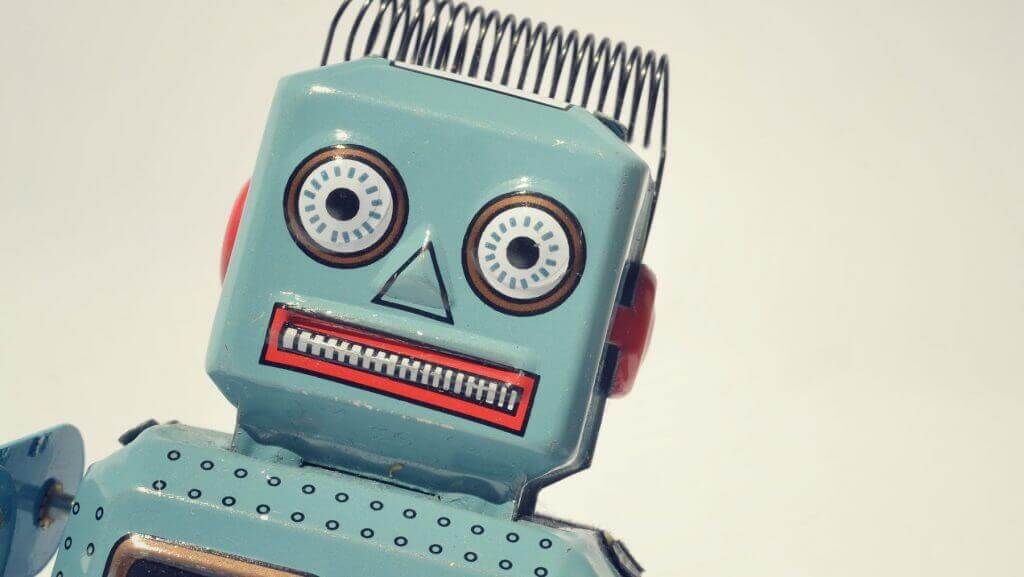
A hospitality chatbot is software that simulates an interaction between a hotel and a traveler. You can distinguish between two kinds of hotel chatbots: public-facing bots and guest-facing bots.
NB: This is an article from Canary Technologies
Subscribe to our weekly newsletter and stay up to date
Public-facing bots are accessible via a hotel’s website and handle questions during all stages of the guest journey. Their primary goal is to help people find the information they need and guide them through the booking process.
Guest-facing bots only enter the picture once a reservation is made. They support the hotel team by managing pre-stay, in-stay and post-stay communication. These bots answer questions about available services, pitch add-ons and provide information about the surroundings and nearby activities.
Both guest-facing and public-facing chatbots respond to users instantly and can ask follow-up questions to move the conversation forward. Since modern bots personalize their responses and suggestions, the interactions can feel almost human. They can also prioritize urgent requests and flag human team members when necessary.
For these reasons, chatbots are sometimes called virtual assistants, virtual concierges or conversational bots. Lately, we’re even seeing the emergence of AI hospitality assistants – but more on that in a moment.
What Does a Hotel Chatbot Do?
Depending on the hospitality chatbot you choose, it’ll have several capabilities:
- Answer FAQs chat with guests live: Your front desk and reservation staff probably spend lots of time answering the same questions repeatedly. A hotel chatbot can also answer these questions, only it can respond instantly, alleviating the burden placed on your staff. It’s much easier for your guest if they get an immediate reply rather than waiting for someone to answer their call or email. If a question is too complex, the bot passes the baton to your team.
- Encourage direct bookings: A public-facing chatbot can help guests book a room like a reservations agent would. But again, travelers can complete the reservation in their own time and don’t have to wait for staff responses.
- Personalize the stay experience: A specialized hospitality chatbot automatically keeps the conversation going with your clients. It stays in touch with them throughout the guest journey and uses their past questions and booking patterns to personalize suggestions and service offers. Talk about leveraging upsell and cross-selling opportunities!
- Communicate on all channels: The more channels a chatbot connects to, the more your guests are likely to use it. Look for an omnichannel solution allowing guests to reach you via their preferred platform: Facebook, Instagram, WhatsApp, Line or WeChat.
How Does a Hotel Chatbot Work?
Which tasks a chatbot can handle depends on how it’s built. Let’s look at the two main options:
Rule-Based Hotel Chatbot
These are built around a set of rules and can only respond to predefined prompts. They look for specific keywords in the user’s query to ask follow-up questions or suggest a pre-set solution for this topic.
If the input doesn’t include a keyword the bot is familiar with, it can’t process the request. You must “train” the bot by manually adding new queries and answers to avoid this frustrating situation. That’s time-consuming and may still not yield the best guest experience since the interactions will always remain somewhat mechanical.
AI-Based Hotel Chatbot
The new generation of hospitality chatbots leverages generative artificial intelligence (AI) and natural language processing (NLP) to understand and interpret the guest’s questions. This helps them better grasp a query’s context and provide relevant answers, almost as a human would. As a result, the interactions feel more real and conversational, making them more pleasant for guests.
On top of that, AI-based hotel chatbots learn from every conversation. The more they get used, the better they get. And as they continue to develop, these solutions transform from simple bots to powerful and versatile AI hospitality assistants.




